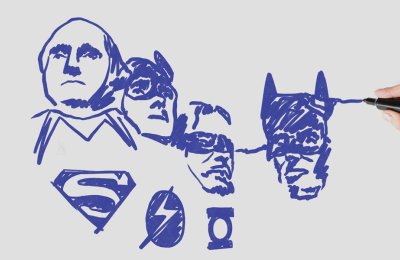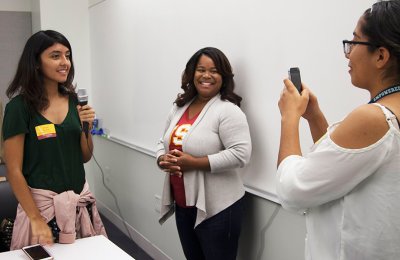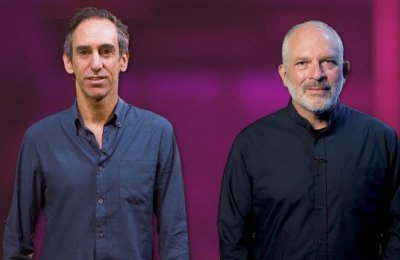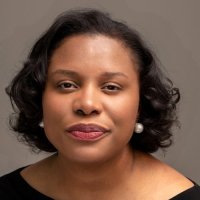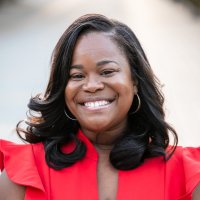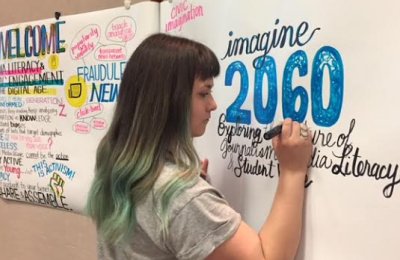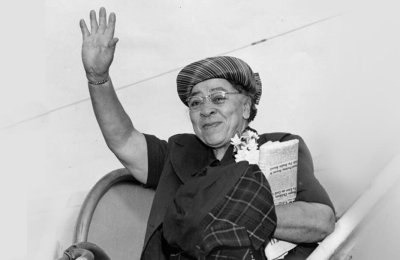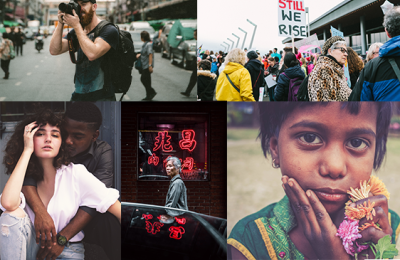Civic Engagement and Social Justice Research
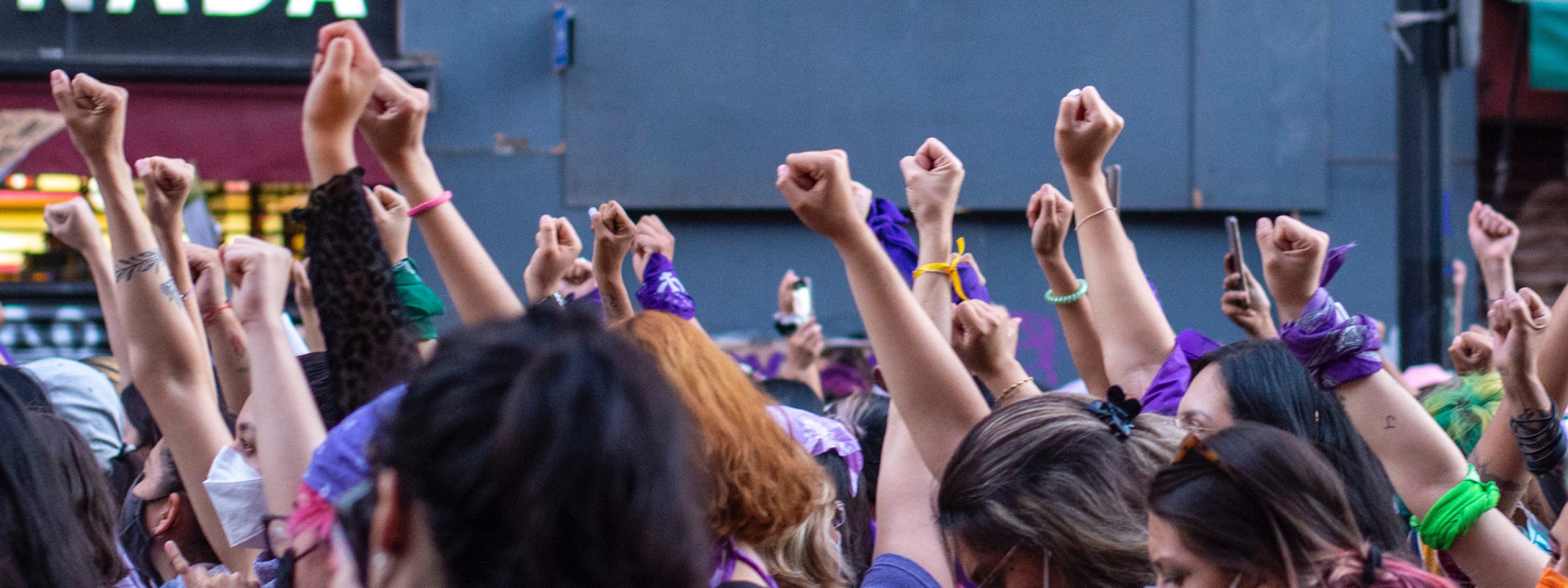
With creating positive change at the heart of USC Annenberg’s founding mission, we are committed to studying and activating principles of justice, freedom and democracy.
Our scholars analyze how social justice is catalyzed and communicated through various media platforms and institutional structures. Spanning areas such as government, education, advocacy, entertainment, news networks, and global sports, we identify ways to foster a mutual understanding of difference that builds community, promotes civic engagement, forms coalitions, and leads to progress.
Civic Engagement and Social Justice research in action
Envisioning a better world
USC Annenberg’s Civic Imagination Project helps citizens activate their imaginations to work through societal challenges in the community.
Why Black activist media should be archived and studied for the West Coast
To preserve Black media and amplify Black media makers, activists and social changemakers, Allissa Richardson established the West Coast’s first Black media activism archive and social justice telling laboratory.
Bridging the digital divide
Professors François Bar and Hernán Galperin have spent years studying the digital divide and its implications on the unhoused population in Los Angeles and around the world.
Associated centers
Civic Paths
Civic Paths explores continuities between online participatory culture and civic engagement. Premised on a dynamic understanding of citizenship, we analyze how participatory culture interactions encourage young people to create, discuss and organize to engage with specific civic issues and events.
Charlotta Bass Journalism and Justice Lab
The Charlotta Bass Journalism and Justice Lab saves, studies and shares news stories and oral histories about Black social justice trailblazers on the West Coast while also connecting USC Annenberg students to trusted media outlets that value Black storytelling.
Critical Media Project
Critical Media Project (CMP) is a free media literacy web resource for educators and students (ages 8-21) that enhances young people’s critical thinking and empathy, and builds on their capacities to advocate for change around questions of identity and representation.
